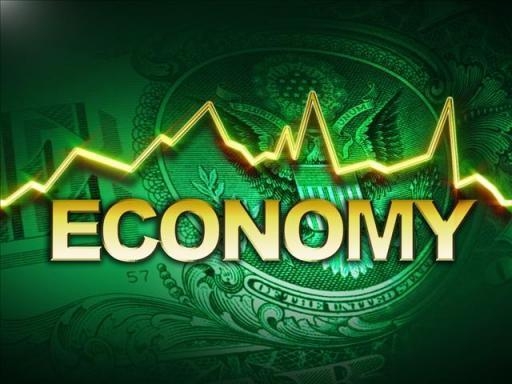Market Data

November 21, 2019
Deloitte: Manufacturers Need to Get Houses in Order for 2020
Written by Sandy Williams
Manufacturers still face slowing business conditions for 2020, according to the Deloitte 2020 Manufacturing Industry Outlook. Deloitte projects that annual manufacturing GDP growth will end 2019 at 2.7 percent and at 1.3 percent for 2020, down from prior projections of 3.7 and 2.0 percent, respectively.
Job growth was muted in 2019 with the manufacturing sector adding about 6,000 jobs per month compared to an average of 22,000 per month in 2018. A historically tight labor market has contributed to the decrease in hiring as has weaker demand.
Trade wars and tariffs have caused uncertainty in the future outlook and that is likely to continue into 2020. Increasing costs have prompted industrial companies to get their “houses in order” by streamlining operations and focusing on core operations.
Divestitures and mergers are one way industry is cleaning house. Thirteen divestitures valued at $500 million or more occurred between January and August of 2019 and are likely to surpass the 16 recorded in 2018, said Deloitte.
Technology investment is another way companies are managing risk and building “digital muscle” to increase flexibility in global supply chains. “Shifts in sourcing (and thus production) are already playing out on the global stage,” reports Deloitte. “Manufacturers have shifted both sourcing and production to different geographies, seeking tariff-friendly combinations.”
Industrial firms are also finding a need to cultivate a business ecosystem that improves value for customers and builds new business models. Manufacturers are looking to use digital technologies in manufacturing processes, which could include acquiring or partnering with other companies.
Another trend that Deloitte notes is one of corporate social responsibility. Manufacturers are working to be good stewards of the environment by sourcing renewable energy, including solar, wind, hydro and geothermal.
“The coming year promises to be an ever-changing environment for manufacturers as they try to regain their footing amidst continued volatility in costs and policy decisions,” said Deloitte. “While the potential for uncertainty may continue for the foreseeable future, manufacturing leaders should increase resilience in their operations and double down on the core of their portfolios.”







